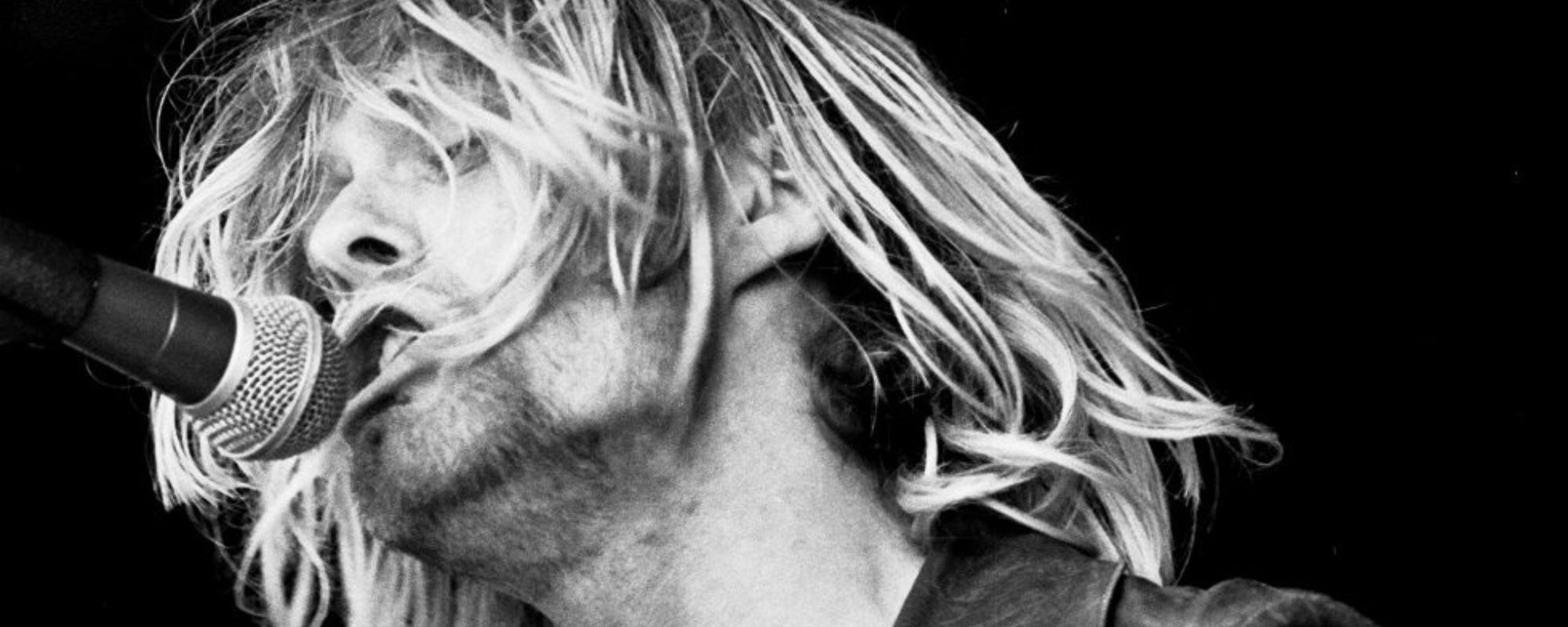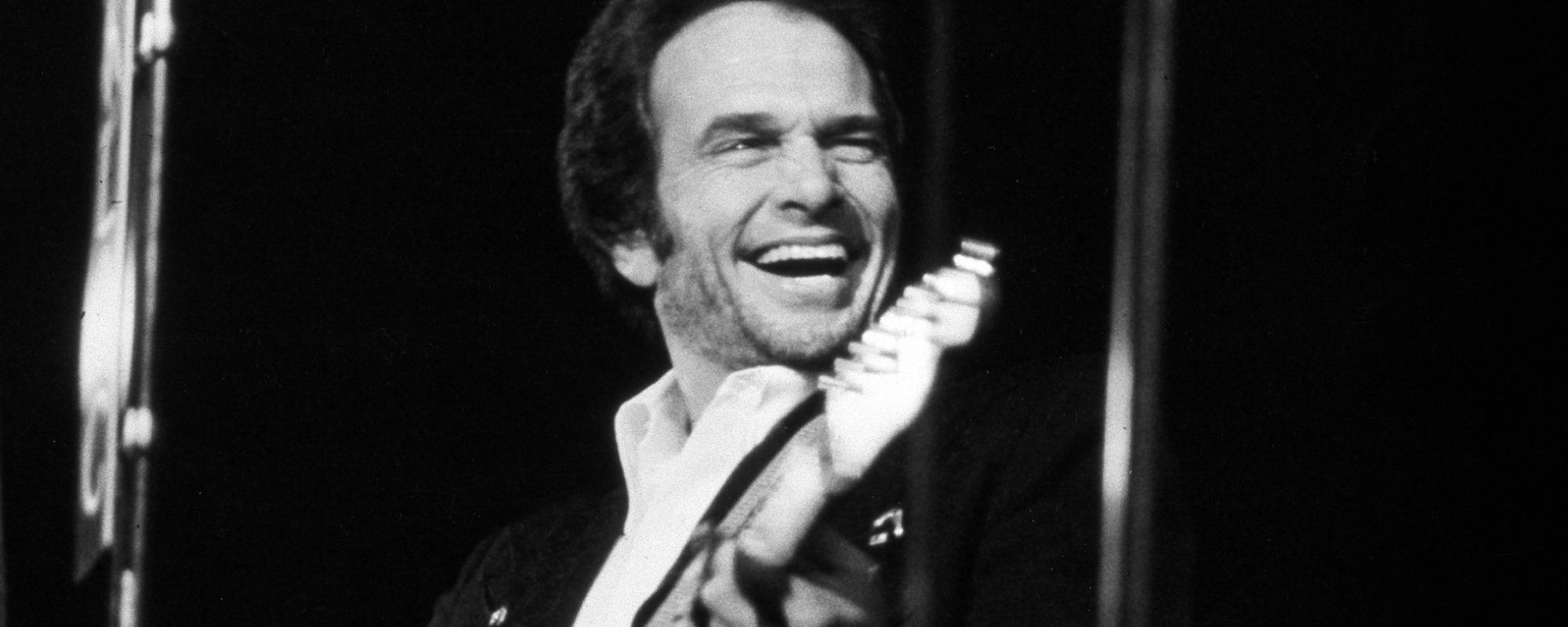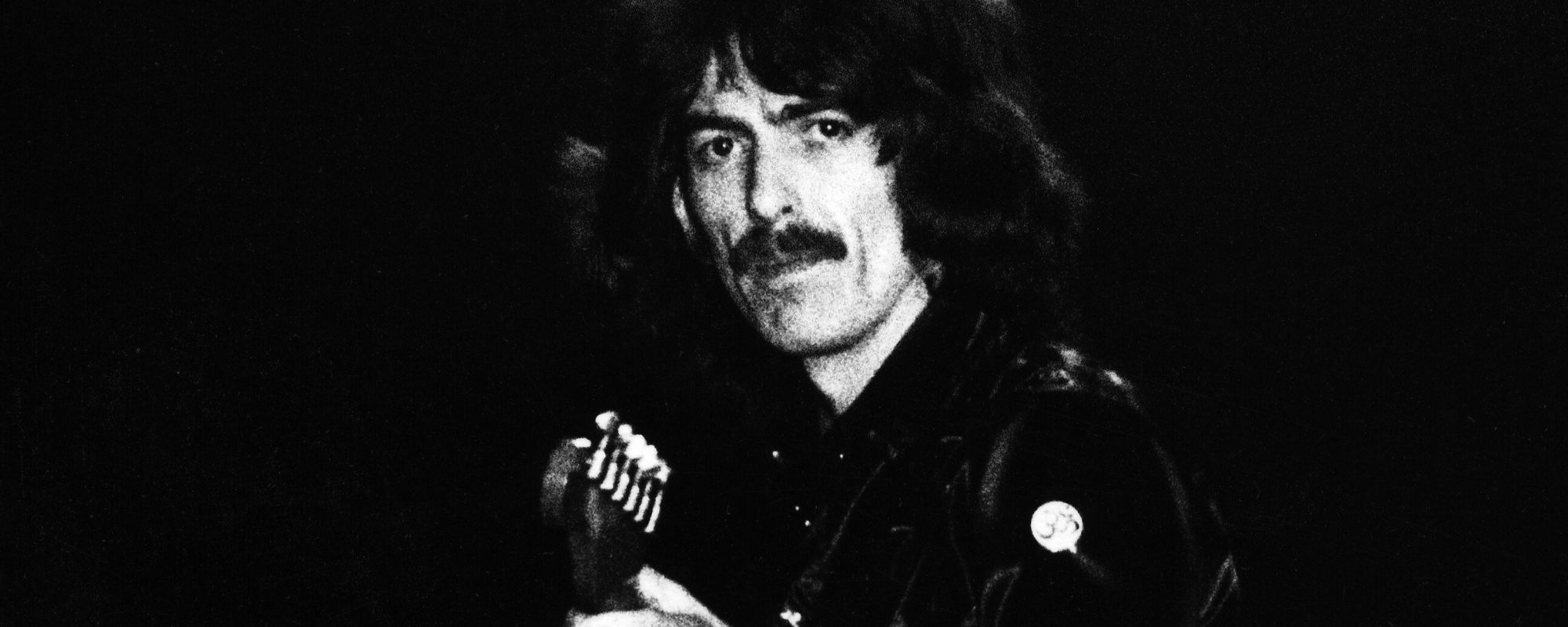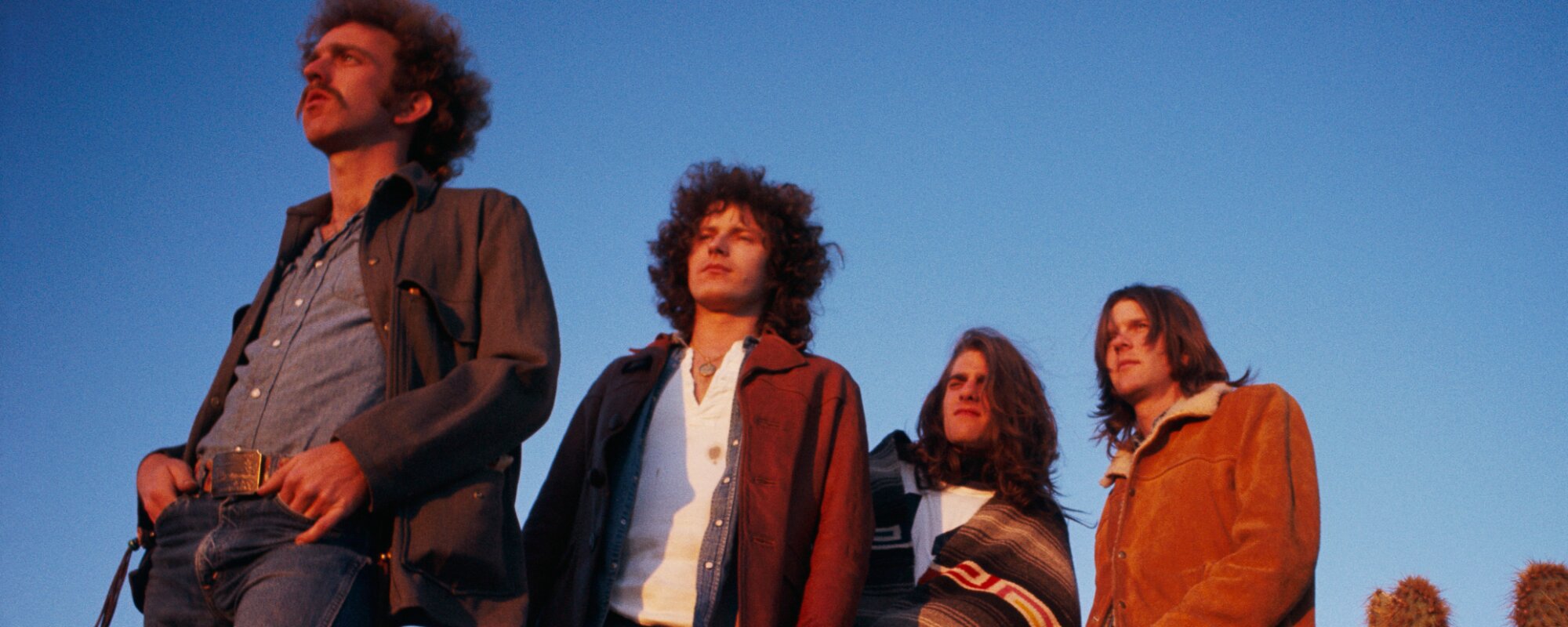When Celtic singer and songwriter Mali Hâf wrote “Llais,” which means “voice” in Welsh, she wasn’t in the best mood. “I often turn to songwriting when I feel like that, but this time, I thought ‘What if I wrote a song to cheer me up like a gratitude list?’” recalls Hâf. “What am I thankful for? My very own ‘Llais.’”
Recorded at her home studio in Cardiff, Wales, Gwefus Mefus (Strawberry Lips), much like her previous single “H.W.F.M.,” a feminist reimagining of the Welsh National Anthem, “Hen Wlad Fy Nhadau (Old Land of My Fathers)”—which she changed to “Land of My Mothers,” as a call for equality for women, in Wales and beyond—”Llais” developed into another message of empowerment.
I’ve discovered my voice / It didn’t belong to some man / And it wasn’t waiting to be perfect sings Hâf in Welsh on the shimmering pop anthem, casting a spell to clear the path for what is fundamentally right.
“As a woman working in music and just in life generally, using my voice, learning to speak up, be confident, set boundaries, it hasn’t always come naturally,” said Hâf of the song. “But this song is like me saying: ‘Hey, I’ve come a long way,’ both in my music and as a person.”
She continues, “I think it’s so important we all recognize how powerful, beautiful, and unique our voices are. And not just in music but in creating change. Whether it’s showing more kindness, standing up for others, or challenging injustice, it all starts with one thing: believing in your own voice.”
Now, three years since her debut EP, Mali Hâf, and Jig-So from 2023, a landmark debut at Glastonbury 2025, and forthcoming UK tour, Hâf still knows there’s more that needs to be said—mostly in Welsh, of course. “There’s so much English-language music in the world,” she says. “Sometimes I feel like Welsh music needs me.”
Hâf recently spoke to American Songwriter about the magick behind “Llais,” writing and singing in Welsh and keeping the language “alive,” and why “Mali Hâf isn’t someone who stays in one lane.”
Videos by American Songwriter
American Songwriter: Why have you called this new single “Llais” a song of “gratitude”? Was it a song you were working on for some time?
Mali Hâf: No, it all came at once, one of those magic moments. I was playing around with some synths, the production was quite bare, and then the chorus just arrived. I know it’s a bit of a cliché, but it really did come straight from the heart. That day, I felt like I’d unlocked some joy. Before that, I remember looking out the window—it was grey, with classic Welsh rain. I’d turned to music to reflect that mood, but that’s not what I needed. I was drawn instead to sparkly, wishy-washy synths and pop claps. I guess what I really needed was a pat on the back from myself.
If we all learned to self-regulate and make music when we’re down, well … wow, what a world that would be. Honestly, I recommend it.
AS: Your studio in Wales is called Gwefus Mefus. What does this translate to in English, and why did you christen the space with that name?
MH: Stiwdio Gwefus Mefus means Strawberry Lips Studio. It’s my little girly cave, painted pink and red. I’m deeply connected to colours because I have synaesthesia, so I choose them carefully. Pink and red attract passion and love, and those are exactly the two things I need to show up in my music. It’s a tiny room, but songwriting is one of the happiest places in the world for me. Gwefus Mefus is my safe space. I’m 50/50 an extroverted introvert, and my favourite evenings are the ones with 0% Peroni, a chocolate bar, and making tunes.
AS: Speaking of translating, can you share some of the lyrics (in English) that stand out from “Llais”
MH: Ooo, what to pick? Well, the chorus translates to: I’ve discovered my voice / It wasn’t hiding behind the sofa / Nor buried on the beach. They’re playful lyrics of me trying to find my voice. I lose a lot of things, and I believe in magick, so yes, I probably would check the sofa or the beach.
The second half goes: I’ve discovered my voice / It didn’t belong to some man / And it wasn’t waiting to be perfect. Growing up, you realise the pressure you put on yourself and who you gave your voice to. So no, it wasn’t there either.
My favorite line might be the pre-chorus: Maybe it’s ironic, the tonic’s in the music.
If you know your music theory, the tonic is the first note of the scale. But a tonic is also a medicine, so I hit a double meaning there.
AS: You’ve addressed women with songs like “H.W.F.M” and now “Llais.” What do you believe needs to change—socially, politically, or within the music industry—for women to truly thrive?
MH: I write from my world, my eyes, and sometimes through others, but I have to feel a level of understanding. So yes, Mali Hâf’s world is pretty feminine. My stance will always come from loving-kindness and wisdom. Women are already fixing each other’s crowns. We just need to keep doing that. Sometimes we’re scared of each other’s success, and that makes me sad because I know how hard we’re all working. Let’s support each step we take together.

And the rest? That needs to come from men. On my journey, I’ve learned who I feel safe with. The men I’ve loved working with aren’t threatened by me. They’re calm, kind, and respectful. Men in the industry have a huge responsibility to show up with compassion. That’s the kind of energy we need.
AS: When writing, do you find yourself gravitating toward English or Welsh more? How do you move between the two as a songwriter?
MH: Probably Welsh, but it’s quite even, really. I’ve got lots of English demos hidden away, but I feel more confident in Welsh. I’m more fierce. Most people don’t know what I’m singing, so there’s a kind of privacy in that. And because Welsh is a minority language, I don’t get to speak it all the time, so songwriting becomes a way to express myself. There’s so much English-language music in the world. Sometimes I feel like Welsh music needs me—well, teenage me. I write what I would have wanted to hear growing up. That said, I am trying to pluck up the courage to write more in English.
I think it’s easier to be poetic in Welsh. Maybe I’m biased, but the sounds, the flow, it’s just dreamy. You could sing about a carpet or a cafe in Welsh, and it would still sound poetic. It happens faster than in English.
AS: What is it in your Celtic roots that penetrates your writing and music?
MH: For me, it’s wild to think how old the Welsh language is. It used to be spoken all over Europe—it was here long before English. And now, it’s a minority language. It nearly got beaten out of us, and yet it’s still standing. Why? Because the people of Wales refuse to lose our culture and language. That kind of resistance and power is magical, no? In Welsh culture, art and music are deeply appreciated. As a creative kid with no academic bones in my body. I felt seen and valued here. I’ve always loved imagination and storytelling, and my land does too. I feel like I owe it to Cymru forever.
AS: How has songwriting changed for you since your debut Mali Hâf (2022) and previous single “Esgusodion” to now? Do songs typically come together in the same way?
MH: I think “Esgusodion” was the first song where I had a clearer sense of what I wanted to sound like. Before that, I’d just turn up with no real plan but also not much confidence in myself and ideas (pretty much what “Llais” is about). I’ve tried to stick with that sound and build on it. But I’m also learning that Mali Hâf isn’t someone who stays in one lane, and that’s okay. I adore music, and my taste is so broad, so of course I’m going to dabble in every genre that calls to me.
I’ve stopped putting pressure on myself to stick to one particular sound. The more I mature and get to know myself, the more my music and style will evolve naturally. But for now, you best believe I’m writing a demo a day in Stiwdio Gwefus Mefus.
Photo: Courtesy of Mali Hâf







Leave a Reply
Only members can comment. Become a member. Already a member? Log in.